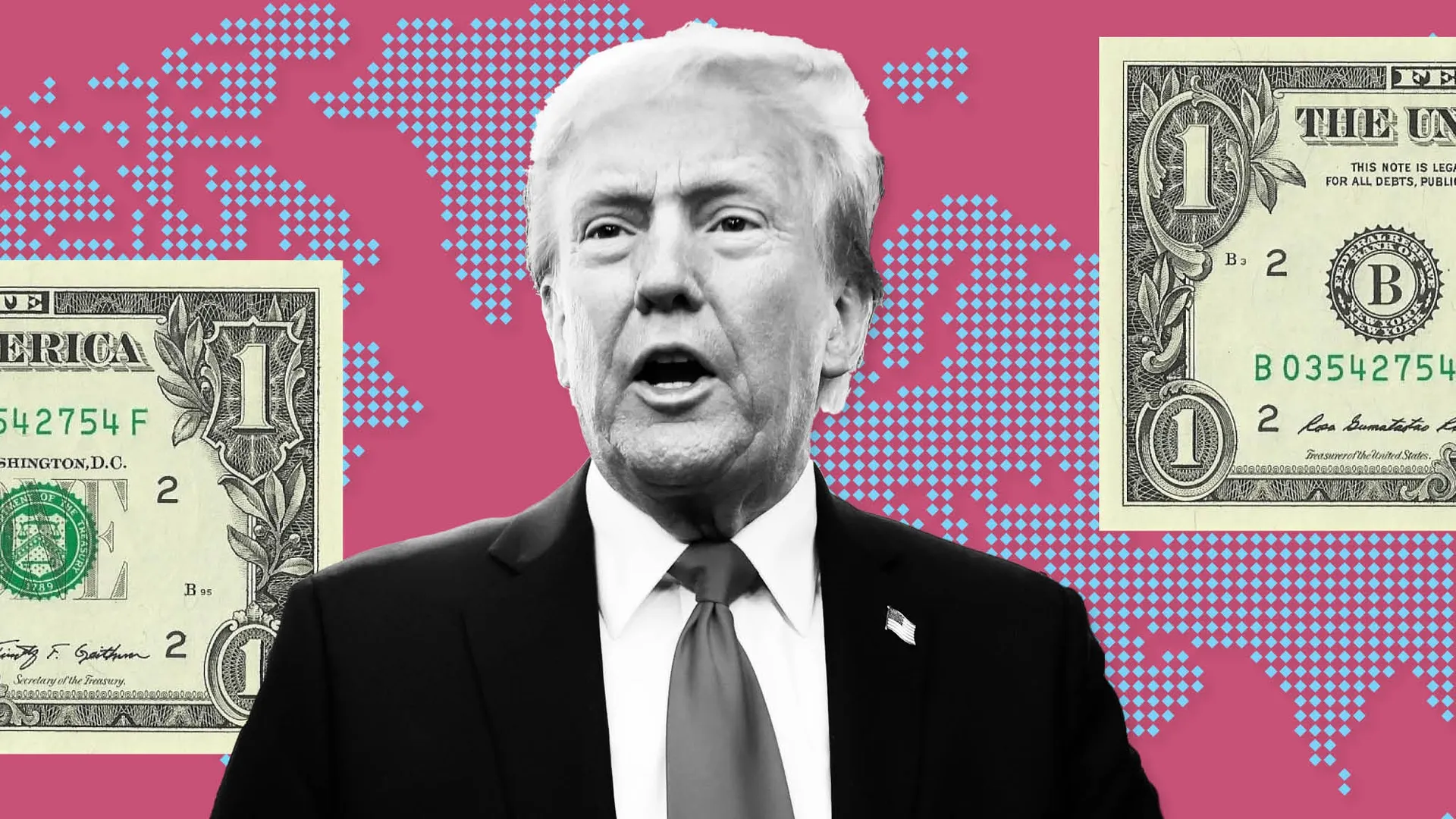
Attempts to stop some of the world’s biggest companies shifting profits across borders to avoid paying tax are “in peril” following Donald Trump’s definitive win in US presidential elections, experts said.
专家表示,在唐纳德•特朗普(Donald Trump)赢得美国总统大选的最终胜利后,阻止一些全球最大公司跨境转移利润以逃避纳税的努力已经“岌岌可危”。
A global deal inked at the Paris-based OECD in 2021 and partly introduced by several countries — including EU member states, the UK, Norway, Australia, South Korea, Japan and Canada — earlier this year was expected to raise the tax take from the world’s biggest multinationals by up to $192bn a year.
2021年,总部设在巴黎的经合组织(OECD)签署了一项全球协议,将使全球最大跨国公司每年缴纳的税收增加多达1920亿美元。今年早些时候,多个国家——包括欧盟成员国、英国、挪威、澳大利亚、韩国、日本和加拿大等——已经部分出台相关政策。
But experts say a crucial pillar that prevented large companies paying less than a minimum effective tax rate of 15 per cent on their corporate profits worldwide would be undermined by Trump’s second term.
但专家们表示,防止大公司支付低于其全球企业利润15%的最低有效税率的一个关键支柱,将因特朗普第二任期而受到破坏。
“Pillar two is in peril,” said Wei Cui, a tax law professor at the University of British Columbia.
不列颠哥伦比亚大学(University of British Columbia)税法教授崔威(Wei Cui)表示:“第二支柱岌岌可危。”
The structure of the OECD deal means it could affect US multinationals even though Washington has not signed it into law, despite being party to the agreement.
经合组织协议的结构意味着,虽然华盛顿方面尚未将其签署为法律(尽管它是该协议的缔约方),但它仍可能会影响到美国的跨国公司。
Under pillar two, if corporate profits were taxed below 15 per cent in the country where the multinational was headquartered, signatories could charge a top-up levy, known as the undertaxed profits rule (UTPR).
根据第二支柱,如果跨国公司总部所在国的税率低于企业利润的15%,签署国可以征收附加税,即所谓的“未充分纳税利润规则”(UTPR)。